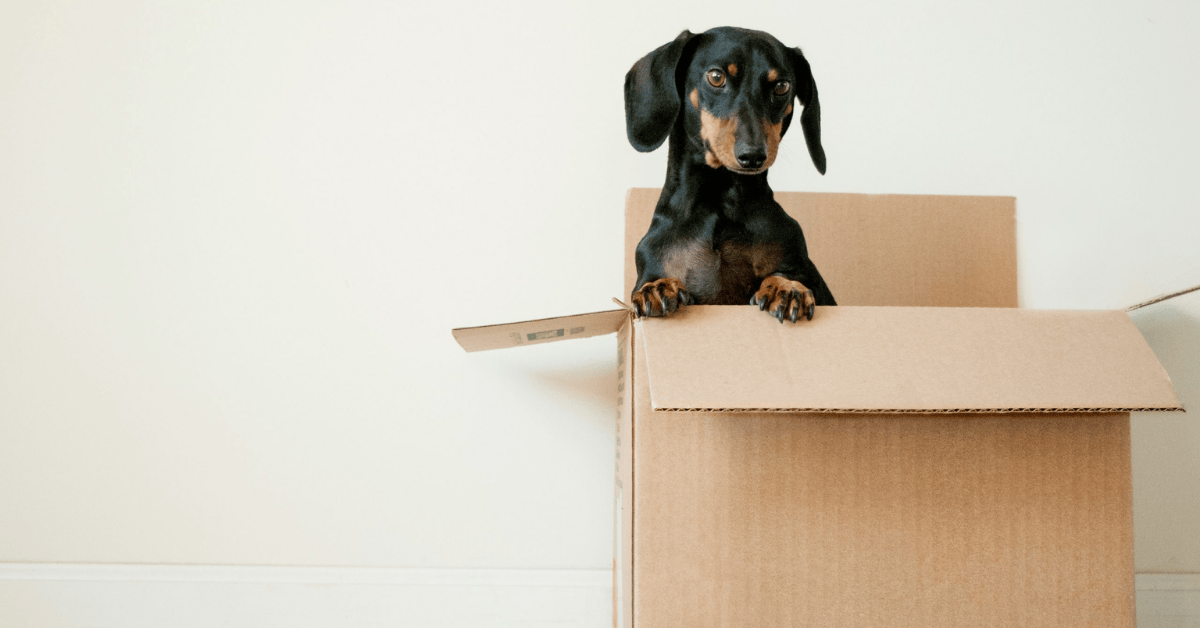What Not to Pack When Moving

Imagine, moving day arrives – your moving truck is ready to go, boxes are piled high, you feel excitement mixed with a hint of panic. Before you haphazardly fill the moving truck, take a deep breath! Packing strategically not only saves you time and effort, but also minimizes moving costs and prevents unwanted surprises.
This blog post is your no-nonsense guide to what NOT to pack when moving. By leaving certain items behind, you’ll streamline the moving process, arrive at your new house with less clutter, and possibly even reduce your moving cost. So, let’s unpack the essentials of “not packing”!
Avoid Packing Away the Following Items:
- Expired or Unused Items: Let’s face it, that dusty treadmill in the corner hasn’t seen action in years. Hold a ruthless decluttering session before packing. Donate clothes you haven’t worn in a year, toss chipped mugs, and ditch half-empty bottles of expired cleaning products. Donate these items to a local charity or a local food bank, giving them a second life while decluttering your moving truck.
- Perishables and Frozen Foods: Packing your freezer’s entire contents for a long-distance move is a recipe for disaster. Unless you’re moving next door, most frozen foods and perishables won’t survive the journey. Instead, eat or dispose of them responsibly before moving day. This also applies to opened condiments and half-empty jars of jam – leave them behind and stock up afresh in your new house.
- Hazardous Items and Flammables: Flammable liquids, paint thinners, and dangerous chemicals don’t belong in your moving truck. Not only are they a fire hazard, but many moving companies won’t touch them for insurance reasons. Dispose of these items safely at a local hazardous waste collection facility. For non-hazardous cleaning products, consider using them up before the move or giving them away to family members.
- Broken or Unsalvageable Household Items: That chipped mirror with sentimental value might tug at your heartstrings, but packing it is just asking for trouble. Be realistic about broken furniture, cracked vases, and ripped clothing. Unless you have a clear repair plan, let go of these items and free up valuable space in your moving boxes.
- Personal records and important documents: Birth certificates, passports, financial records – these irreplaceable items deserve special care. Don’t risk losing them in your moving truck. Instead, collect them all in a secure, waterproof container and keep it with you during the move. This includes moving documents like rental agreements, closing papers, and utility bills – keep them readily accessible for easy reference in your new home.
- Duplicates and Replaceables: We all accumulate duplicates over time – mismatched socks, extra coffee mugs, and outdated tech manuals. Before packing, ruthlessly weed out these items. Donate them, recycle them, or simply toss them. Remember, you can always repurchase readily available items at your new place, often more cheaply than the cost of packing and moving them.
- Bulky Furniture You Don’t Love: Furniture can be a major contributor to moving costs. Before lugging that oversized couch across town, ask yourself: do I truly love it? Does it fit my new space and style? If not, consider selling it, donating it, or even replacing it with something new once you’re settled in. You might be surprised by how much lighter your move feels (and your bank account!).
Pack These Items Carefully:
- Glass Jars: Fragile glass jars filled with spices or dried goods are tempting to pack, but consider the risk. Opt for decanting contents into sturdy plastic containers or simply replacing them at your new home. Save yourself the potential heartbreak of shattered glass and messy spices. If you don’t want to leave these glassware behind, check out our article on how to pack glasses.
- Flammable Materials: Hazardous materials like aerosol cans, lighters, and matches all fall under the “no-pack” category. These items pose a safety risk in a moving truck, especially during hot weather. If you do want to bring these items along, make sure to pack them securely and keep it with you during the move.
- Valuable Items: Jewelry, expensive electronics, and sentimental collectibles deserve special attention. Don’t pack them in regular boxes – instead, keep them close at hand in a secure bag or carry-on luggage. This minimizes the risk of loss or damage during the move.
- Cleaning Supplies: You might be tempted to pack those half-used bottles of cleaning products, but trust your new home will come equipped with its own cleaning arsenal. Leave behind bulky bottles and opt for travel-sized versions for the first few days. You can always restock once you’re settled in.
How to decide what to keep and what to throw away:
Deciding what to pack and what to throw away can be a daunting task. Here are some tips to help you make smart choices:
- Ask yourself if you use it, love it, or need it. This is the golden rule of decluttering. If an item doesn’t fall into any of these categories, it’s probably time to let go.
- Consider the condition of the item. Is it broken, chipped, or stained? If it’s not in good condition, it’s not worth packing and moving.
- Think about the cost of moving it. Large or bulky items can add significantly to your moving costs. If you’re not sure you’ll use it in your new home, it might be cheaper to sell it or donate it and buy a new one later.
- Be honest with yourself about your lifestyle. Are you really going to use that treadmill in your new apartment? Will you have time to garden in your new home with a busy work schedule? Be realistic about what you’ll actually use and don’t pack things that will just collect dust.
Here are some specific examples of things you can usually pack and throw away when moving:
Items to Keep and Pack:
- Clothes you wear regularly (Check out our tips for packing clothes)
- Kitchen appliances you use often
- Furniture that fits your new space and style
- Book collections and media you enjoy
- Personal items that have sentimental value (like favorite toys)
Items to Throw Away:
- Old clothes you don’t wear anymore
- Broken or chipped dishes
- Expired food and condiments
- Unused or outdated electronics (avoid additional bulky items)
- Paper clutter like old bills and receipts
By following these tips, you can make the moving process much easier and less stressful. Remember, the goal is to arrive at your new home with only the things you need and love. So pack smart, declutter ruthlessly, and enjoy your fresh start in your new space!
Bonus Tip: Once you’ve decided what to pack and what to throw away, create a detailed inventory of your belongings and use it as a moving checklist. When you’re ready to pack for moving, you can keep track of everything and make unpacking much easier.
When all else fails, let a moving company help you:
Hiring a moving company to pack your belongings can feel like a luxury, but it offers a surprising number of benefits. First, it’s a huge time saver. Professional packers are swift and efficient, eliminating the weeks you might spend gathering boxes, sorting, and wrapping.
They also possess expertise in packing fragile items and bulky furniture, minimizing the risk of damage during transport. Additionally, they arrive equipped with high-quality packing materials, ensuring your belongings are secure and protected. This peace of mind can be invaluable, especially for long-distance moves.
Finally, movers often offer insurance for any accidental damage, adding another layer of security to your belongings. While it requires an initial investment, hiring a moving company for packing can ultimately save you time, stress, and even money in the long run.
